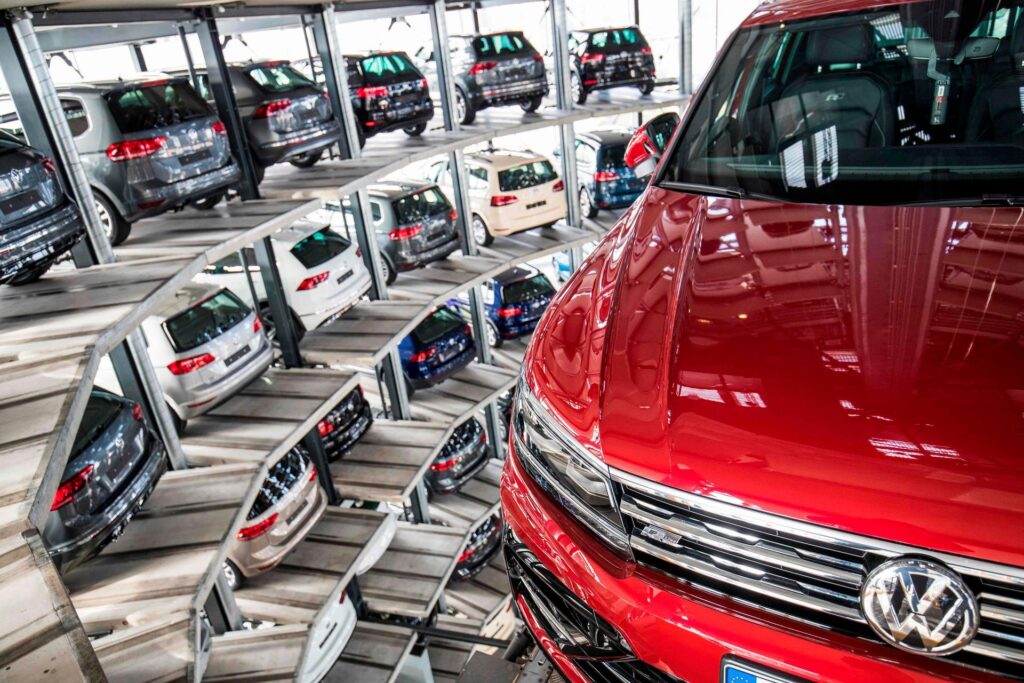Owning a car in Ghana is often considered a milestone, a sign of upward mobility, freedom, and status. Whether it’s a modest Toyota Vitz for city commuting or a sturdy Honda CR-V for family trips, car ownership can bring total convenience. But behind the wheel lies a complex web of costs, taxes, and ongoing maintenance that many first-time buyers don’t fully anticipate.
Even with the web of complexities, the growing number of car owners in the Greater Accra region and other parts of Ghana has skyrocketed over time. It means people are developing an “unquenchable” desire to own cars.
However, below are some of the factors to consider before making that final decision to join the growing number of car owners in Ghana and other parts of the world.
Initial cost

The initial cost of purchasing a vehicle in Ghana can vary dramatically depending on whether you choose a “home-used” (imported used) car, a Ghanaian-used vehicle, or a brand-new model from a dealership.
Home used cars like Toyota Corolla (2017) price may range from Ghs 180,00 to Ghs 250,000, while locally used Hyundai Elantra (2015 model) may cost Ghs 60,000 to Ghs 120,000, and new Suzuki S-Presso (2023) may cost Ghs 100,000 to Ghs 140,000.
Buyers should also consider import duties, which can be substantial. Ghana’s port charges and import taxes on vehicles include Value Added Tax (VAT), National Health Insurance Levy (NHIL), and Excise Duty, which adds about 30–50% more to the car’s cost.
Maintenance and repairs

In most cases, maintaining a car may cost more than purchasing the car itself, as it’s an ongoing commitment. There’s a popular police slogan that says “Police is your friend,” but for the case of new owners or even old car owners,” mechanic is your friend.”
In Accra and other major cities, mechanics often advise monthly checks, especially for imported used cars. Spare parts are generally more available and affordable for Toyota and Honda models due to their prevalence in the Ghanaian market. European car brands, while stylish, tend to be more expensive to maintain due to limited parts and technical expertise.
Fuel Consumption
With the global transition from internal combustion engine (ICE) vehicles to electric vehicles (EVs), the demand for ICE vehicles remains high. This suggests that, even in the next 10 to 15 years, oil marketing companies will continue to play a significant role in the industry.
As of May 2025, the average price of petrol in Ghana hovers around GHS 13.50 per litre. A car with moderate fuel efficiency, like the Toyota Corolla (6.5L/100km), would cost about GHS 1,300–GHS 1,800 monthly for someone who drives 1,000 km per month.
However, Hybrids and fuel-efficient cars such as the Toyota Prius or Suzuki S-Presso offer much-needed relief at the pump, which explains their rising popularity in Accra and Kumasi.
Insurance and Road Worthiness
Car insurance in Ghana is mandatory. A comprehensive policy offers better protection than third-party insurance but comes at a higher cost. Private vehicle owners for third-party insurance and commercial taxi operators have different insurance price ranges.
Similarly, private corporate vehicles and hiring vehicles will attract a fee. Meanwhile, motorcycles are expected to pay a their third-party insurance.
Other recurring charges may include: Roadworthiness certificates, vehicle registration(DVLA), and road tolls(where applicable). Some other hidden costs may also include: Vehicle depreciation (A new car can lose 20–30% of its value in one to two years), car washes and detailing, among others.
While car ownership in Ghana is a dream for many, it comes with a hefty price tag beyond the showroom. From unpredictable fuel hikes to maintenance headaches and taxes, prospective car buyers need to plan comprehensively. For those with limited budgets, alternatives like ride-hailing (e.g. Bolt, Yango) or public transportation might offer a more sustainable route, at least until financial circumstances improve.




